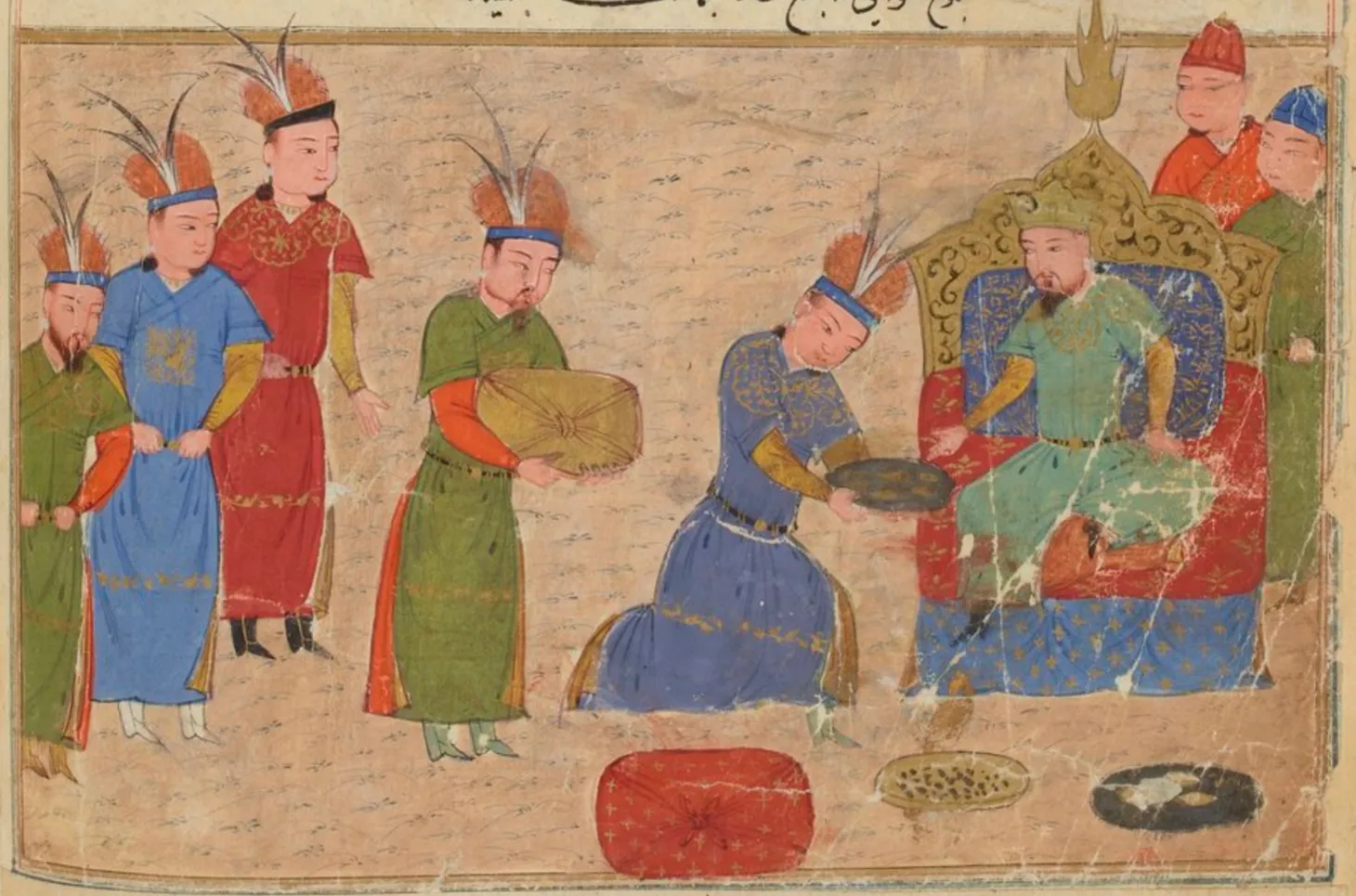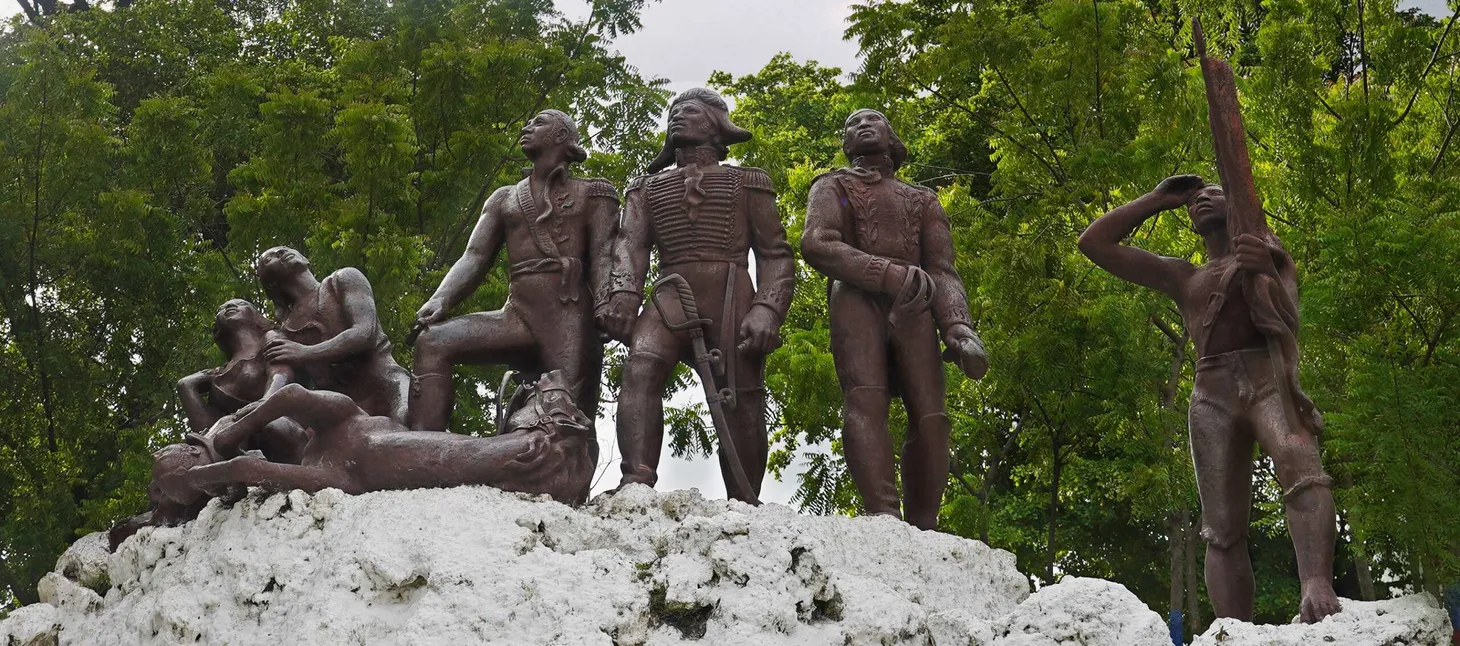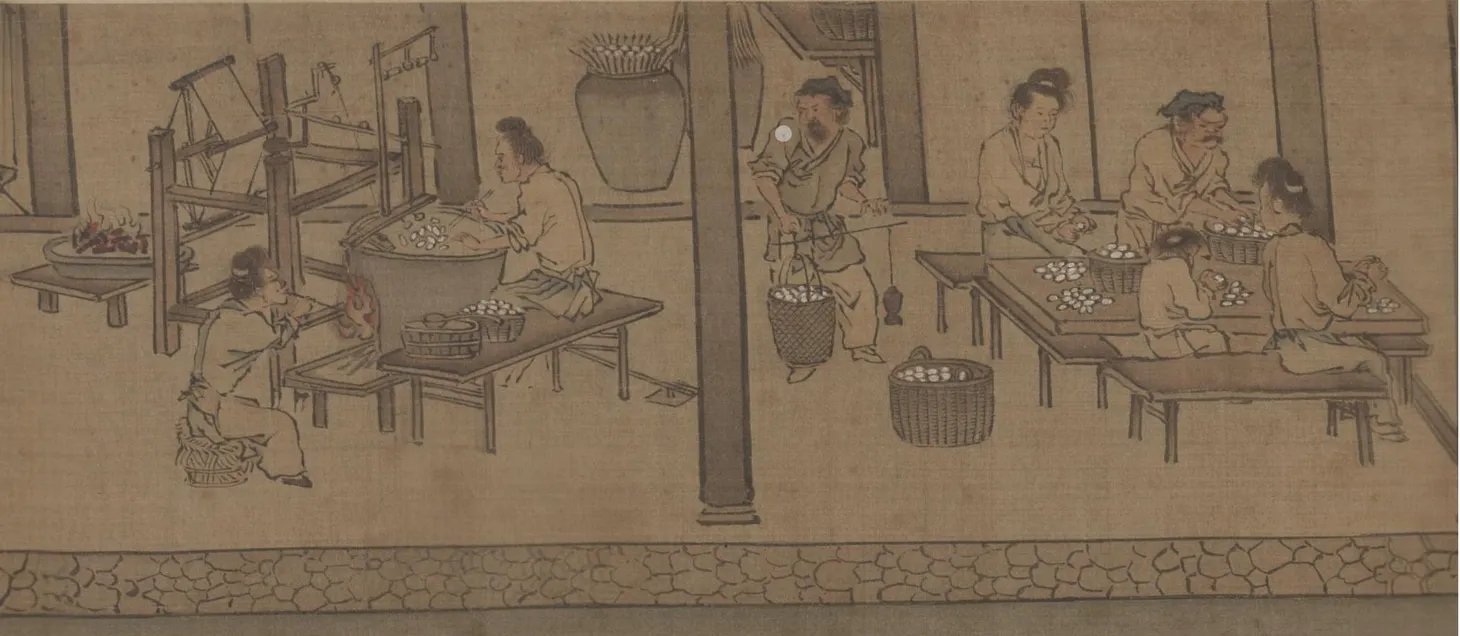“Making a Great Profit”: Historical Imagination and the Opium Trade
A discussion of teaching the opium trade to understand the different ways opium shaped the nineteenth century.
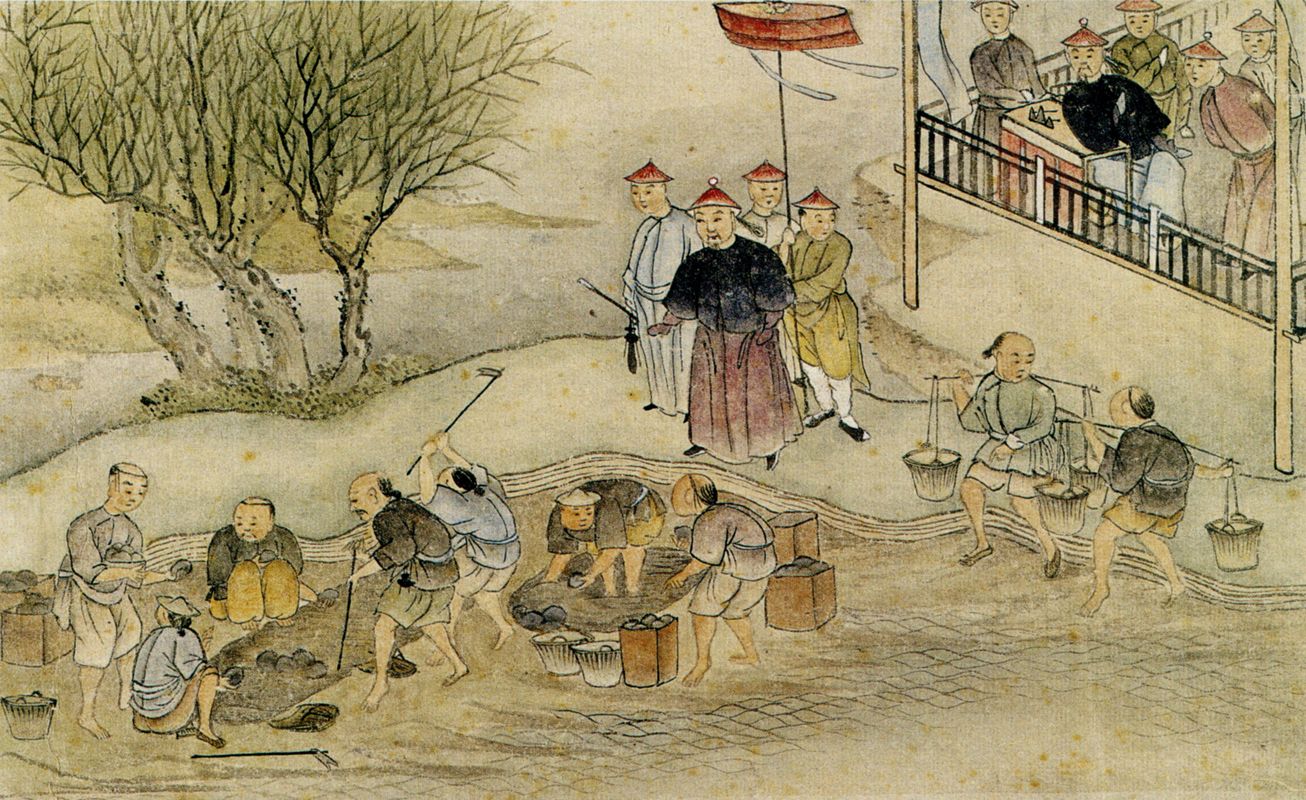
If the global silver trade, which I discussed in last week’s post, is one of the classic world history topics of the Early Modern era, the opium trade is equally vital for the long nineteenth century. It’s also another topic that Amitav Ghosh has written about. His Ibis trilogy takes place right before and during the First Opium War, and opium links the characters. Ghosh’s storytelling brought the opium trade to life and encouraged me to rethink how I taught the subject.
When I began teaching about the opium trade, I focused primarily on how the British used the trade to gain economic dominance over the Chinese. Over time, I gradually saw the opium trade as a lens through which we can see various historical issues in the nineteenth century. To help students make sense of the place of opium in the early nineteenth century, I designed a creative essay prompt in which a Portuguese merchant living in Macao explains the tensions between the British and the Chinese over opium.
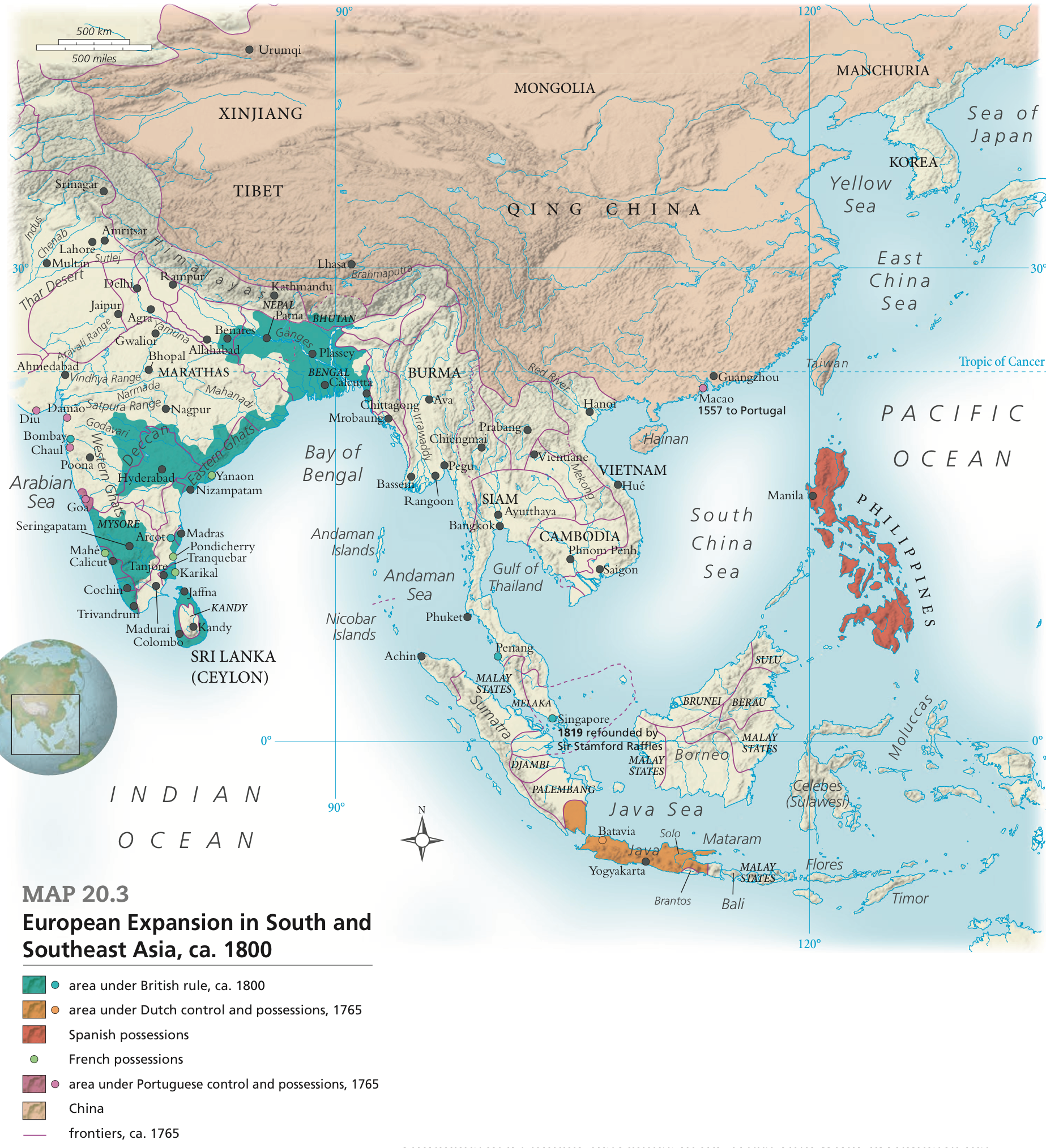
This content is for Paid Members
Unlock full access to Liberating Narratives and see the entire library of members-only content.
SubscribeAlready have an account? Log in

